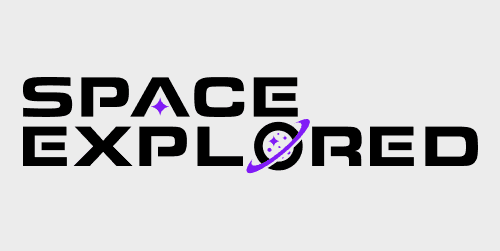
On Tuesday, Verizon announced that it has partnered with Amazon’s upcoming Project Kuiper satellite internet constellation to develop technology to help its service expand into more remote locations.
Verizon is partnering with the tech giant’s Project Kuiper to develop the technology to connect rural communities and businesses. Kuiper will be used in Verizon’s “backhaul solutions” for cell towers to connect to while in remote locations.
Project Kuiper offers flexibility and unique capabilities for a LEO satellite system, and we’re excited about the prospect of adding a complementary connectivity layer to our existing partnership with Amazon.
Hans Vestberg, Chairman and CEO, Verizon
Verizon will also use Kuiper to deploy enterprise connectivity solutions. From agriculture to transportation, Verizon will take advantage of the flexibility of satellite constellations for its business customers.
Project Kuiper development
Amazon’s Project Kuiper, built on over three thousand satellites, will provide internet connection anywhere in the world. This is similar to SpaceX’s Starlink constellation that is already in orbit. While Starlink has been getting rides to space via SpaceX’s own Falcon 9 rockets, Kuiper is still on the ground, relying on Blue Origin to develop the New Glenn rocket.
In the meantime, Amazon has purchased nine Atlas Vs from ULA to launch its initial satellites to orbit once ready. Amazon expects half of Kuiper’s constellation to be deployed by 2026 and the rest by the end of the decade. While we await these launches, Verizon and Amazon teams will work on the necessary technology to support the expansion to rural and underserved regions.
Enjoy reading Space Explored?
Help others find us by following on Apple News and Google News. Be sure to check us out on YouTube, Twitter, Facebook, and Instagram, join our Discord!
FTC: We use income earning auto affiliate links. More.



Comments